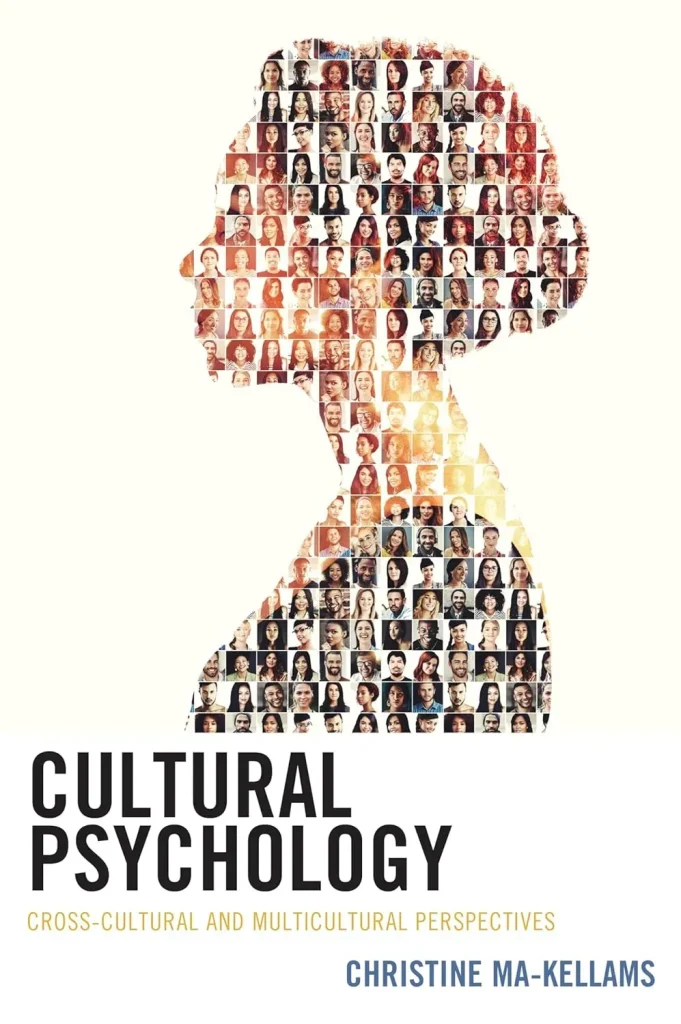In the psychology of culture, social norms and culture shape how we think, feel, and act across communities. By examining cultural beliefs and values, we see how these shared meanings guide interpretation, risk assessment, and long-term goals. Behavioral patterns in culture emerge from these beliefs, influencing daily actions from communication styles to moral judgments. Cultural psychology theory offers a framework for understanding how mind and culture co-create each other. Recognizing how culture shapes behavior provides practical guidance for intercultural communication, education, and policy in a globally connected world.
An alternative framing—cultural cognition and the mind-in-society perspective—highlights how collective worldviews steer perception and choice. Instead of only listing beliefs, this view links cultural narratives, rituals, and socialization practices to everyday decisions. LSI-friendly terms such as social norms within a community, identity formation, and cultural schemas broaden the connections between psychology and culture. This approach yields practical guidance for education, leadership, and cross-cultural collaboration by showing how context molds behavior.
The Psychology of Culture: How Cultural Beliefs Shape Behavioral Patterns Across Communities
Culture is an active, evolving system that steers how we think, feel, and act. The cultural beliefs and values of a community function as mental filters, shaping what people notice, how they interpret events, and which goals they pursue. Through cultural psychology theory, these beliefs influence cognition from perception to judgment, illustrating how culture shapes behavior across contexts. Behavioral patterns in culture emerge as predictable ways of acting—patterns that help groups coordinate, while remaining flexible as new challenges arise.
Consider a multinational team where direct communication is valued in some cultures but indirect style is preferred in others. The alignment or mismatch between personal attitudes and social norms and culture can produce smoother collaboration or friction. When norms align with individual dispositions, decisions feel natural, and teams function with resilience; when they clash, people may adjust behavior, adopt new routines, or seek support from in-group networks. This everyday tension shows how culture shapes behavior in workplaces, classrooms, and homes, turning beliefs, values, and rituals into observable actions.
Cultural Beliefs, Values, and Social Norms: Mechanisms Guiding Behavior in Diverse Contexts
Across societies, cultural beliefs and values set the yardstick for what counts as appropriate, ethical, or successful. These beliefs travel through language, education, and media, becoming social norms and culture that regulate everyday interactions. The interlocking system of values and norms shapes behavioral patterns in culture by normalizing certain emotions, expressions, and time orientations. From punctuality to deference to elders, these patterns are not arbitrary but reflect durable beliefs about community and responsibility.
When governments design curricula or workplaces craft policies for diverse workforces, appreciating cultural psychology theory helps anticipate how students or employees perceive feedback, manage risk, and collaborate. Policies that honor social norms and culture and respond to local values can improve trust and engagement. In education and intercultural training, teaching about cultural beliefs and values helps learners recognize their own biases and adjust behavior to be respectful and effective in cross-cultural settings.
Frequently Asked Questions
In the psychology of culture, how do cultural beliefs and values shape everyday decision making and perception?
The psychology of culture treats cultural beliefs and values as the mental compass guiding perception, priorities, and action. These beliefs shape how people interpret information, assess risks, and decide what to pursue, and they are taught and reinforced through language, education, and ritual. Recognizing this influence improves intercultural communication and informs education and policy in a global context.
What are behavioral patterns in culture, and how does cultural psychology theory help explain how social norms and culture influence behavior across diverse groups?
Behavioral patterns in culture are the regular ways people express emotions, cooperate, and manage time within a group, shaped by shared beliefs and values. Cultural psychology theory explains that cognitive processes—perception, memory, problem solving—are shaped by the cultural context, so different groups may rely on different heuristics and norms. When considering social norms and culture, these shared rules reduce ambiguity and guide behavior, but mismatches between personal dispositions and norms can cause tension, highlighting the need for intercultural competence and respectful engagement.
| Topic | Key Points | Notes / Examples |
|---|---|---|
| Introduction |
|
Intercultural relevance and policy implications |
| Foundations of the Psychology of Culture |
|
Stable yet adaptable across generations |
| Cultural Beliefs and Values |
|
Influences on planning, conflict resolution, and trust |
| Behavioral Patterns in Culture |
|
In-group dynamics and everyday interactions |
| Cultural Psychology Theory |
|
Explains diverse interpretations across cultures |
| How Culture Shapes Behavior: Mechanisms at Work |
|
Examples: greetings, leadership styles, and family discipline |
| Intersections with Global Life |
|
Policy and organizational strategies for global work |
| Practical Implications for Everyday Life |
|
Application in daily life and work |
Summary
The table above summarizes the core ideas from the base content, organized by topic to highlight how culture influences thought, behavior, and social interaction through foundational beliefs, behavioral patterns, and cultural psychology theory, as well as its global relevance and practical applications.

